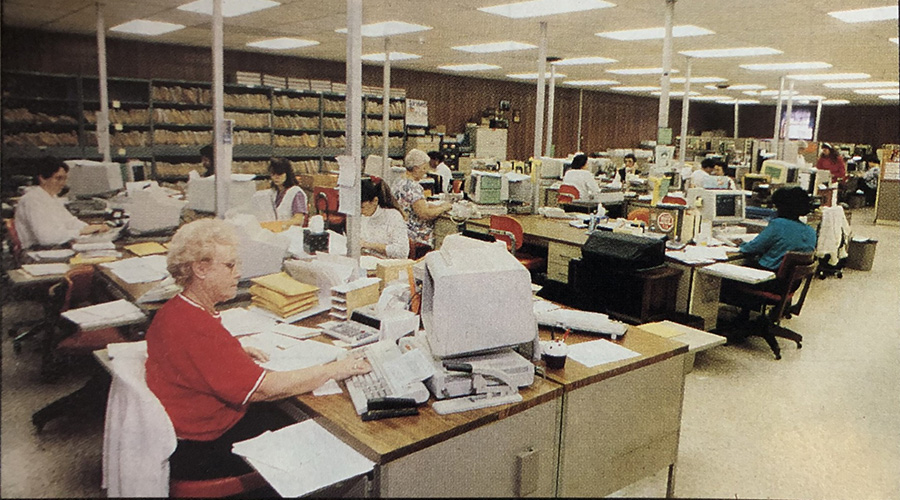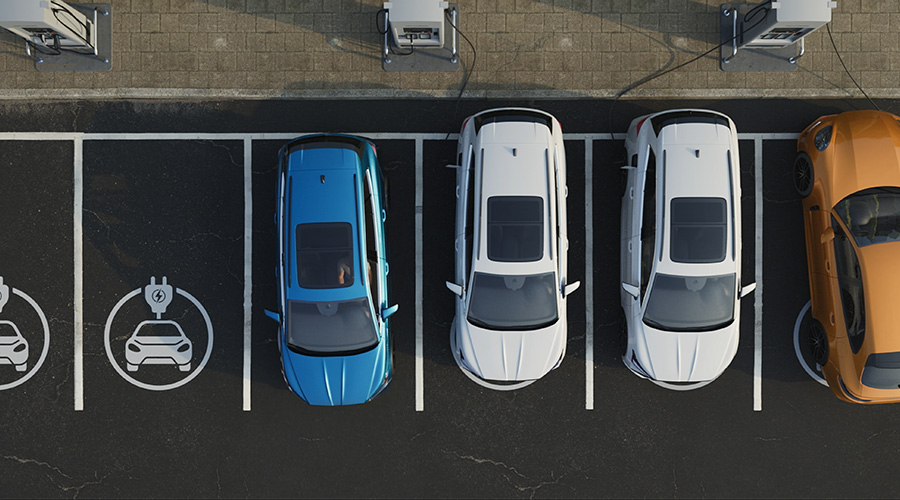The Advantage to Power Purchasing Agreements
This increased awareness has manifested itself in the growing interest in solar power purchasing agreements (PPAs). If you think the cost of energy is going to continue to rise, and if you’ve looked at photovoltaics, but decided against an installation because of a too-high first-cost and a too-long payback, then a PPA may be a solution.
A solar PPA is basically a contract between an outside, non-utility company and the organization that owns a facility. The outside company, either with its own financing or financing from a third-party source, installs a PV system at zero cost to the facility. The outside company owns the array and, in most cases, is in charge of construction and maintenance. The facility then agrees to pay a fixed price for the power produced by the panels for a fixed period of time.
Owners get several benefits from PPAs, not the least of which is “you’re locking in the cost of renewable energy for the next 15 to 25 years for a known portion of your energy use,” says Todd Michaels, director of business development for Solar Power Partners, a company that specializes in PPAs.
Companies that do PPAs say that the cost of power they sell per the contract, especially in states with aggressive renewable portfolio standards, is at or below the cost of grid power facility executives buy from the utility. That’s especially true when rebates or tax deductions are factored in, says Mark Lonkevych, vice president of market and strategy for Constellation Energy’s projects and services group. However, even organizations with zero “tax appetite” — like federal facilities or non-profit organizations — are good candidates for solar PPAs because they still don’t have to invest any upfront capital for renewable energy and are still shielding themselves from volatility in the energy market. In fact, the only things that may preclude an organization from a PPA are skepticism about a long-term contract or a roof in poor condition, says Greg Jarosinski, president and CEO of Constellation Energy’s projects and services group.
Another financial benefit of a PPA is that PVs are at their peak efficiency when utility energy is usually most expensive — afternoons of hot summer months.
“The magic of solar is that it shaves the most expensive energy during peak demand,” says Michaels.
Related Topics:














